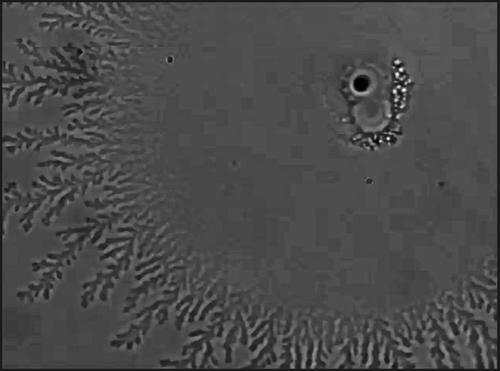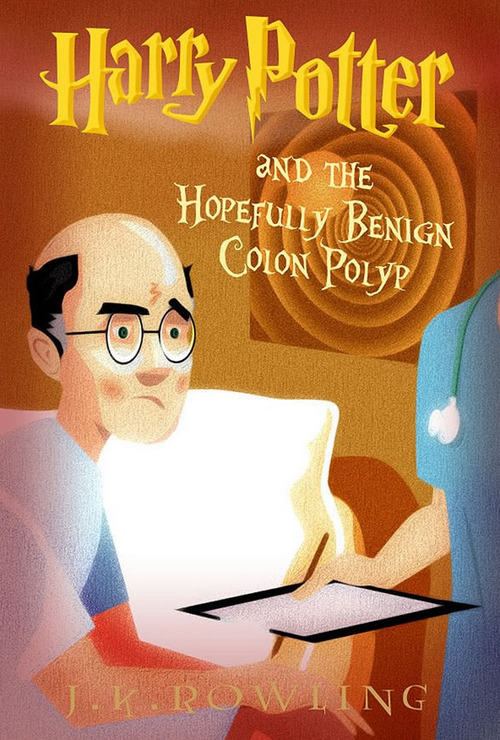Originally posted on 15 Aug 2014
One month into my PhD, that’s to become a “Doctor of Philosophy” even though it has nothing to do with philosophy, or being a doctor for that matter. At least not the kind that would step forward in a crowded restaurant after some random guy gets a heart attack and the bystanders yell out “Is there a doctor here?” On the other hand I do know CPR thanks to my extensive first aid training (i.e. 1 course).
Back to the point: One month into my PhD, I have learned a great lot about science, and how to do science, and why I wanted to be a researcher in the first place. First of all, it comes with a whole range of transferable skill, who knew I would learn different test tube shaking techniques? If this doesn’t work out, I can always become a cocktail waitress (it’s somewhere down the list after working as a card dealer at a casino). There’s also some nail polish-expertise to be gained, surprisingly, and not just for the girls.
Aside from that, there’s a lot of cleaning and setting up and waiting and doing the dishes. Which all sounds pretty boring – and granted it isn’t extremely exciting – but I haven’t gotten to the good part yet.
~ Here it comes… ~
You can make things explode. Yes, explode. The wonderfully geeky thing about science, is that sometimes things don’t react the way you thing they will. Sometimes they don’t do anything at all (not very exciting). Sometimes they explode (very exciting). And sometimes explosions lead to beautiful patterns (extremely exciting).

I’ve always known that there’s a certain amount of serendipity to science, just look at the discovery of penicillin or graphene. It turns out it has just the right amount to keep it interesting. For example: “I’ll just try this and see what happens” and end up with fascinating fractal patterns. Or when you decide to send that person you found through google search an e-mail and end up talking about possible collaborations. Not to mention the extended coffee breaks that leave you with a whole lot more questions but more importantly countless new ideas. It’s about that first month where there’s a lot of reading, a lot of e-mails, an occasional dozing off, but mostly a lot of new friends and possibilities.
Don’t worry Harry Potter. I will find a cure for your little middle-aged problem. Not directly, because that’s science for you. And I’ll have to take care not to make anything explode. But I will make it happen, I have three wonderful years ahead of me!

From “Middle Aged Harry Potter Books” (https://www.someecards.com/)


One Reply to “New insights on Scientific Research”